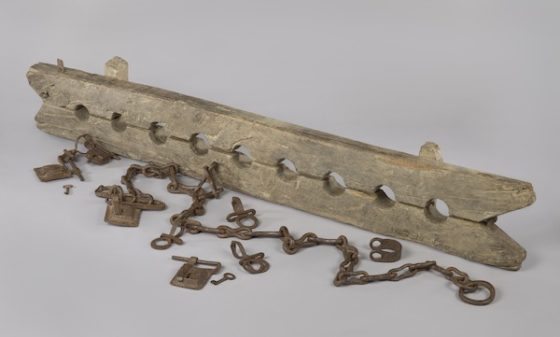Rotterdam considers formal apology for slave trade past


Rotterdam local council is considering a formal apology for the city’s part in the slave trade during the Dutch colonial past, the NRC reports.
A report resulting from two years of research by the institute of Southeast Asian and Caribbean studies KITL V has shown that from 1600 Rotterdam was ‘up to its ears’ in the slave trade and that Rotterdam companies reaped the benefits at the time.
Mayor Ahmed Aboutaleb, who was presented with the findings in October, has said he wants to think about the context of an apology.
‘Should an apology be offered on behalf of the local council, the municipality or all Rotterdammers? And what would be the financial, symbolic, sustainable and functional consequences?’ Aboutaleb said in a letter to the council.
He also said that any decision would be likely to increase polarisation and that would have to be tackled as well. It is not clear what the council’s response will be, the NRC said, but Denk, Labour and Nida are known to be in favour of a formal apology.
Rotterdam has decided, however, to provide a context for the visible remnants associated with the slave trade, such as street names and statues. Some streets or institutes will be renamed. Art centre Witte de With, named after a colonial admiral ditched the name last year of its own accord. There are some 181 street names in Rotterdam with a colonial connection.
Amsterdam local council has also commissioned research into its colonial past and is expected to offer a formal apology this summer.
The Dutch government has spoken of ‘deep regret and repentance’ but despite prompts from D66 and ChristenUnie the majority of MPs have shied away from a formal apology.
Thank you for donating to DutchNews.nl.
We could not provide the Dutch News service, and keep it free of charge, without the generous support of our readers. Your donations allow us to report on issues you tell us matter, and provide you with a summary of the most important Dutch news each day.
Make a donation